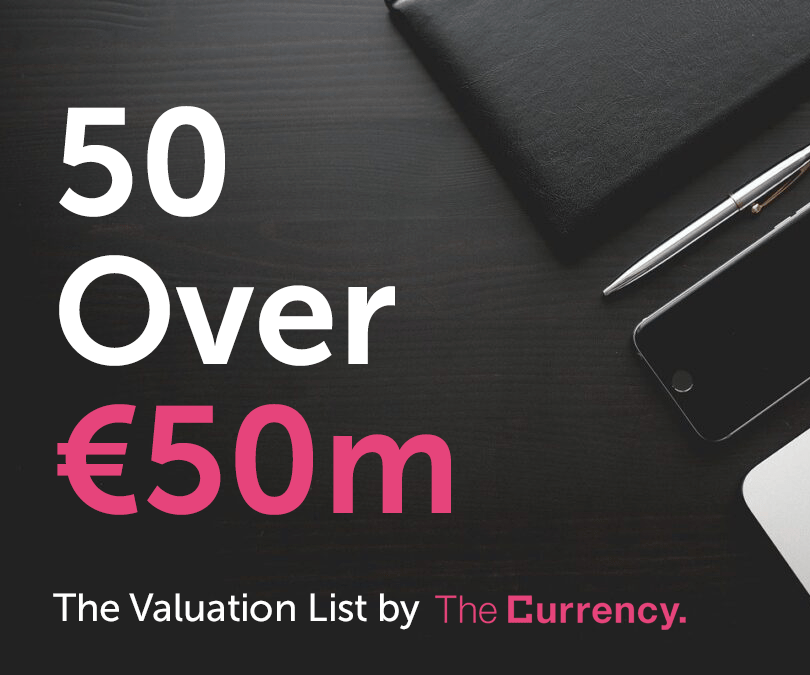Yesterday, I started my rundown of 50 of the most valuable private companies in Ireland. I valued a long list of more than 60 companies from the ground up, using available information to build a discounted cash flow model. The goal was to learn which companies were valuable, and what made them valuable. Along the way I learned about the big trends in Irish businesses in recent years. You can click here to read the first part of the list. And I recommend you take the time to read this separate piece, which explains how I valued the companies, what…
Cancel at any time. Are you already a member? Log in here.
Want to continue reading?
Introductory offer: Sign up today and pay €200 for an annual membership, a saving of €50.

